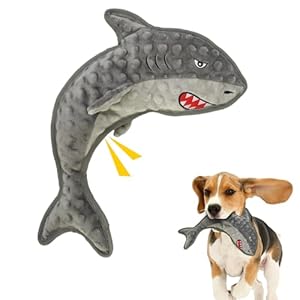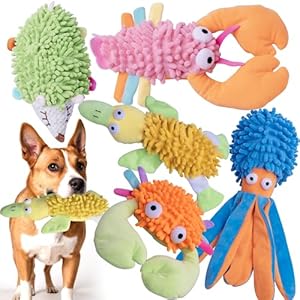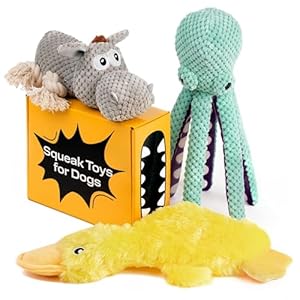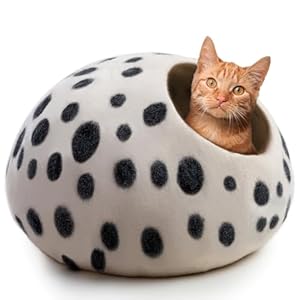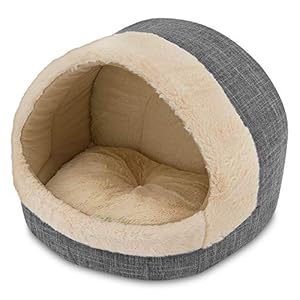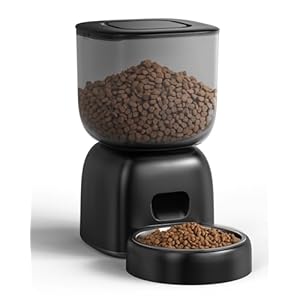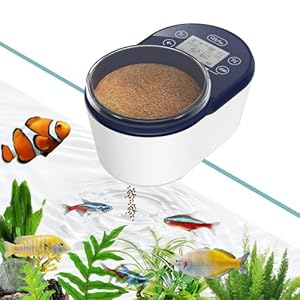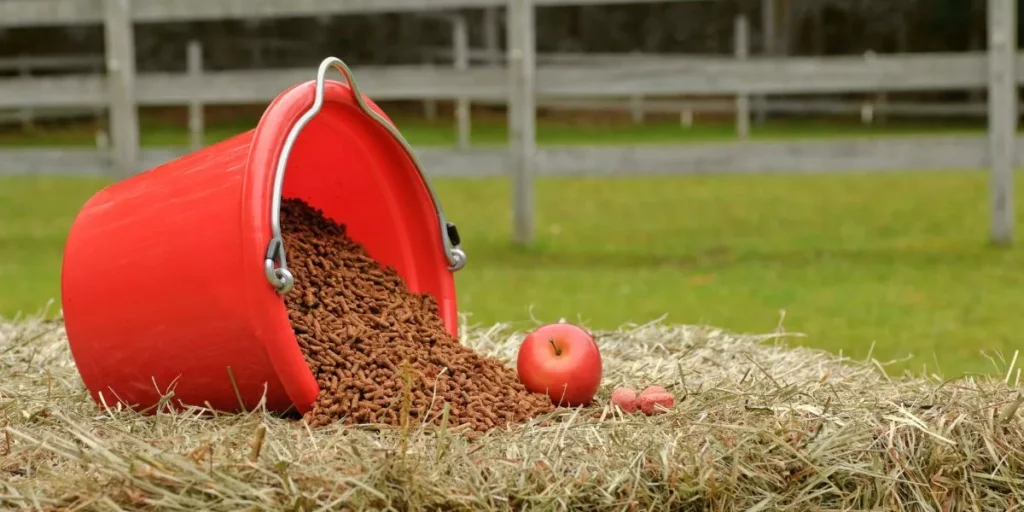
When it comes to ensuring your horse’s diet is well-rounded, there are key feeding essentials to consider. From the foundation of hay to the selection of the right grain for optimal nutrition, each component plays a vital role in your horse’s overall health. Essential vitamins and minerals are crucial, but did you know there’s more to balancing your horse’s diet than meets the eye? Stay tuned to uncover how supplements can further enhance your horse’s well-being and performance.
Hay: The Foundation of a Horse’s Diet
When feeding your horse, choosing the right type of hay is crucial for maintaining their health and well-being. Hay serves as the foundation of your horse’s diet, providing essential nutrients and fiber necessary for proper digestion. The quality of hay can vary, so it’s important to select clean, fresh, and mold-free options to prevent any potential health issues for your horse.
Timothy hay is a popular choice among horse owners due to its high fiber content and low protein levels, making it suitable for most horses’ dietary needs. Alfalfa hay, on the other hand, is richer in protein and calcium, making it a good option for young, growing horses or those needing extra nutrients. Consider the nutritional requirements of your horse when choosing between these types of hay.
Proper storage of hay is also key in maintaining its quality. Store hay in a dry, well-ventilated area to prevent mold growth and spoilage. Regularly inspect the hay for any signs of dust, mold, or pests before feeding it to your horse. By selecting the right type of hay and ensuring its quality, you can support your horse’s overall health and vitality.
Grain Selection for Optimal Nutrition
Choosing the right grain for your horse is essential to ensure optimal nutrition and overall health. When selecting grains, consider factors such as your horse’s age, activity level, and any specific dietary requirements. Oats are a popular choice for many horses as they’re easily digestible and provide a good source of energy.
Barley is another option that can be beneficial for horses in moderate work due to its higher fiber content. Corn is high in starch and should be fed in moderation, especially for horses prone to metabolic issues. Wheat isn’t commonly recommended due to its potential to cause digestive upset.
It’s important to consult with a veterinarian or equine nutritionist to determine the best grain option for your horse’s individual needs. Remember to introduce any new grains gradually to prevent digestive upsets and monitor your horse’s condition closely for any signs of intolerance.
Essential Vitamins and Minerals
To ensure your horse’s optimal health and well-being, understanding the importance of essential vitamins and minerals in their diet is crucial. Vitamins and minerals play a vital role in maintaining your horse’s overall health, supporting various bodily functions, and preventing deficiencies that can lead to serious health issues.
Vitamins such as vitamin A are essential for good vision and immune function, while vitamin D is crucial for calcium absorption and bone health. B vitamins are important for energy metabolism and a healthy nervous system. Minerals like calcium and phosphorus are necessary for strong bones and teeth, while iron is essential for oxygen transport in the blood.
Ensuring that your horse receives a balanced diet rich in essential vitamins and minerals is key to keeping them healthy and thriving. Consult with a veterinarian or equine nutritionist to determine the specific needs of your horse based on their age, activity level, and health status. By providing the right balance of vitamins and minerals through a well-rounded diet, you can help your horse maintain optimal health and performance.
Balancing Your Horse’s Diet With Supplements
Supplementing your horse’s diet with the right balance of nutrients can enhance their overall health and performance. While a well-rounded diet is essential, certain circumstances may require additional support through supplements. Before adding any supplements, consult with your veterinarian or equine nutritionist to identify specific needs based on your horse’s individual requirements.
Common supplements include probiotics for gut health, omega-3 fatty acids for a shiny coat and joint support, and electrolytes for hydration and muscle function. Vitamin and mineral supplements can fill any gaps that may be present in your horse’s diet, ensuring they receive all the necessary nutrients.
When choosing supplements, opt for reputable brands that undergo quality testing to guarantee purity and effectiveness. Follow the recommended dosage guidelines carefully, as over-supplementation can have adverse effects on your horse’s health.
Trending Products

